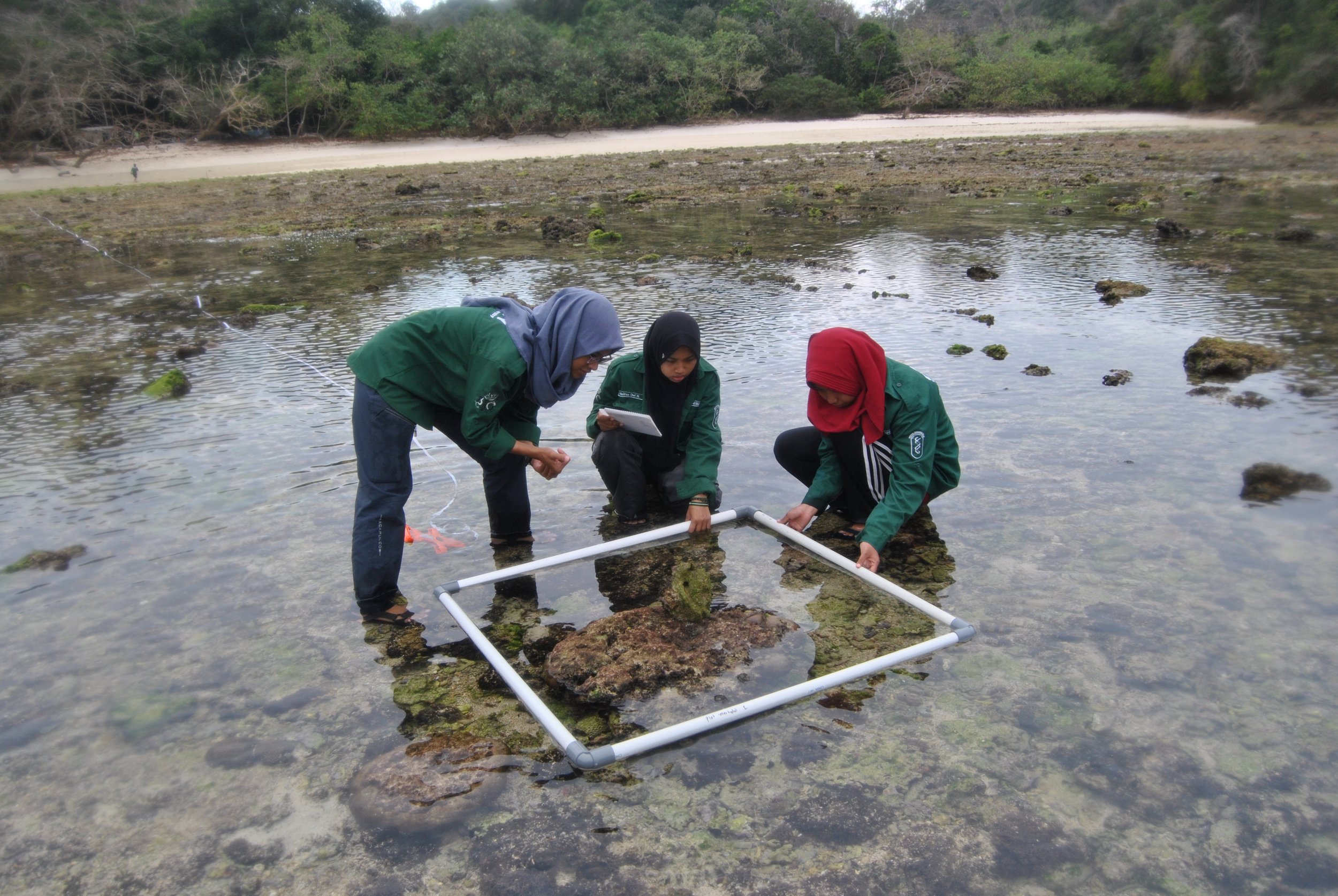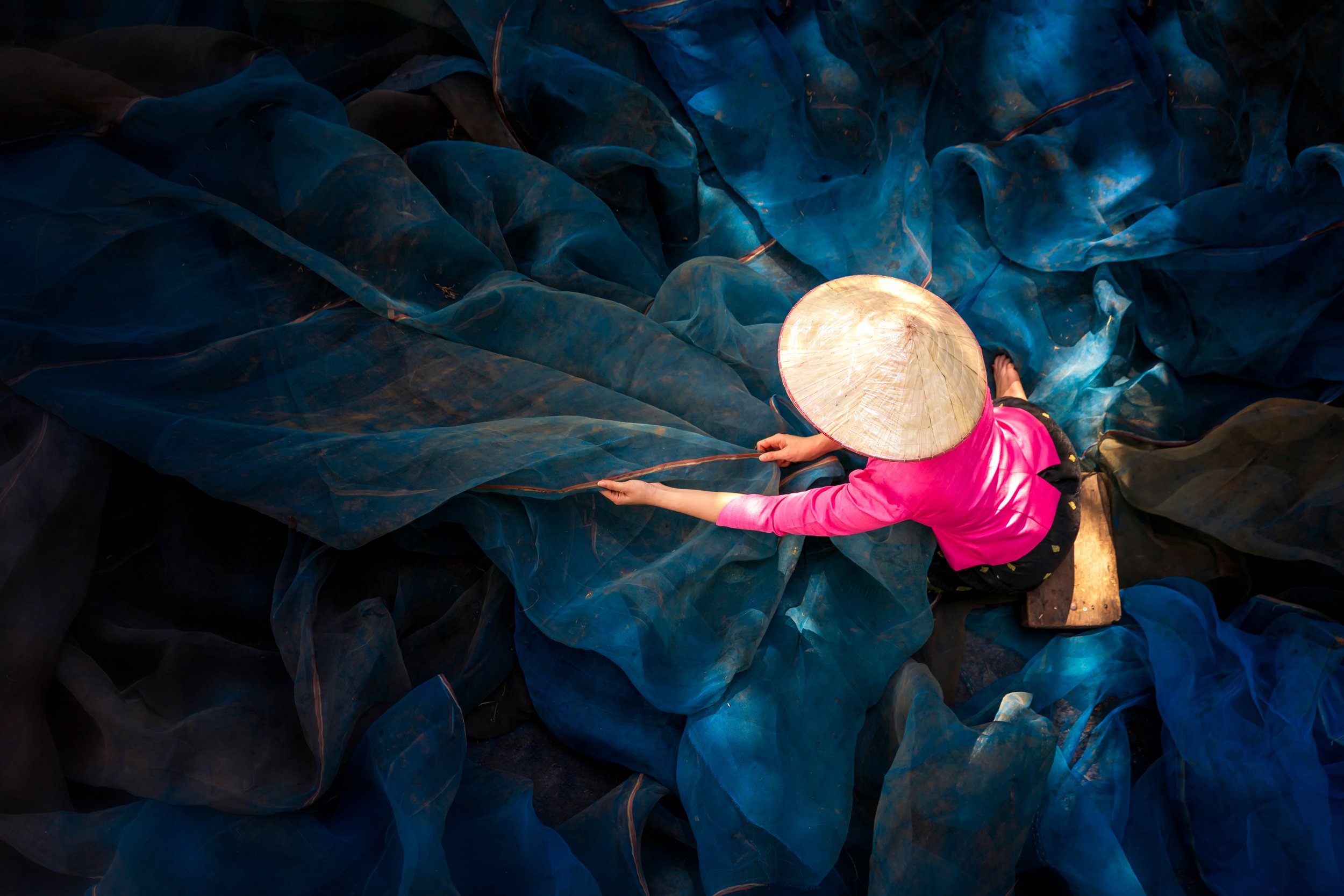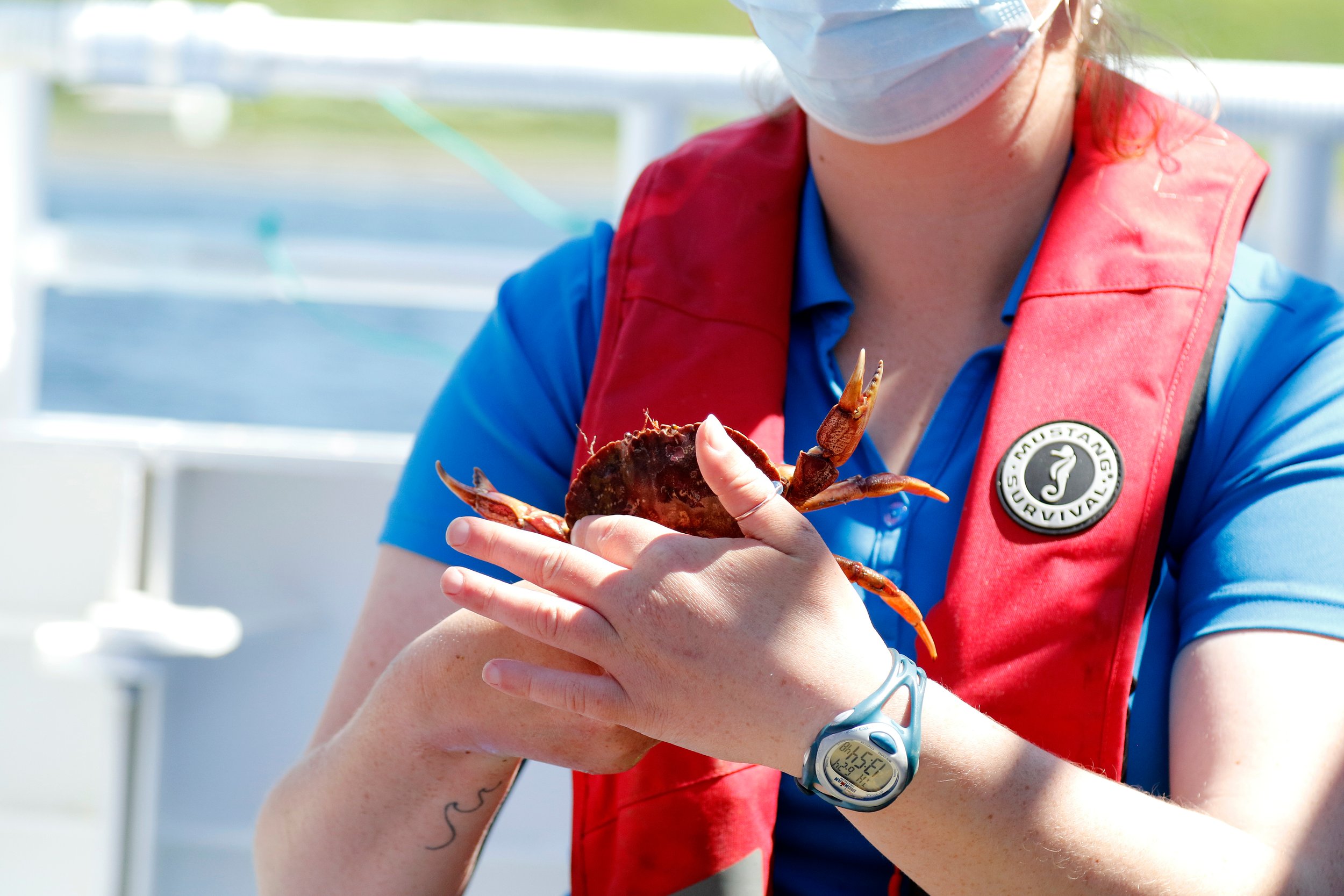4 Women Leading the Way in Ocean Science
Marine ecologist, Arctic conservationist, wildlife biologist, forest scientist, grassland conservationist, restoration ecologist, ecological climatologist…these are just some of the professions in the field of oceanology!
What is oceanology? It’s the study of the oceans and its animals and plants, all of the different scientific processes unfolding in these habitats, and their relationship with the rest of the planet’s health and ecosystems.
Given that March is all about celebrating women (from International Women’s Day to Women’s History Month), we wanted to shine a light on a few of the many, many women contributing to ocean studies, aquafarming, and science:
Alexandra Cousteau is a French environmental activist who has worked towards preserving the world’s oceans and water resources for her entire life. The granddaughter of Jacques Cousteau, she carries on her family’s interest and legacy in ocean science, advocacy, and education. Using her storytelling skills, she inspires people about the importance of taking care of the world’s waters in order to preserve a healthy planet. Alexandra has been a part of many marine projects. Her latest accomplishment is the creation of Oceans2050, a project that aims to restore ocean abundance by 2050.
Imani Black has been working in aquaculture for more than 6 years. Using her experience as an oyster farmer, she recently established Minorities in Aquaculture, an organization on a mission to educate minority women on how they can be a part of the aquaculture world and contribute to the environment. As a black woman in aquaculture herself, she knew what it felt like to not see anyone that looked like her in certain roles, so she wanted to start a community where women of color could learn about the importance of aquaculture and have more pathways to opportunity.
Elisabeth Kruger works at the forefront of Arctic conservation at WWF. Responsible for taking care of the wildlife of coastal Alaska, she spends much of her time exploring ecological systems in the Bering, Beaufort, and Chukchi Seas. In these regions, she helps polar bears and other Arctic marine mammals coexist together with people in the changing environment of the Arctic as it becomes warmer and the ice melts.
Angelika Renner is a research scientist at the Institute of Marine Research in Tromsø, Norway, which is not far away from our home on Kvaroy Island. Her love of sea ice, Tromsø, and the marine environment of polar oceans brought her to the Norwegian Polar Institute. She studies the processes in the upper ocean where there is ice cover.
Learn more about other women working in the ocean world, by checking out this amazing list from WWF!







